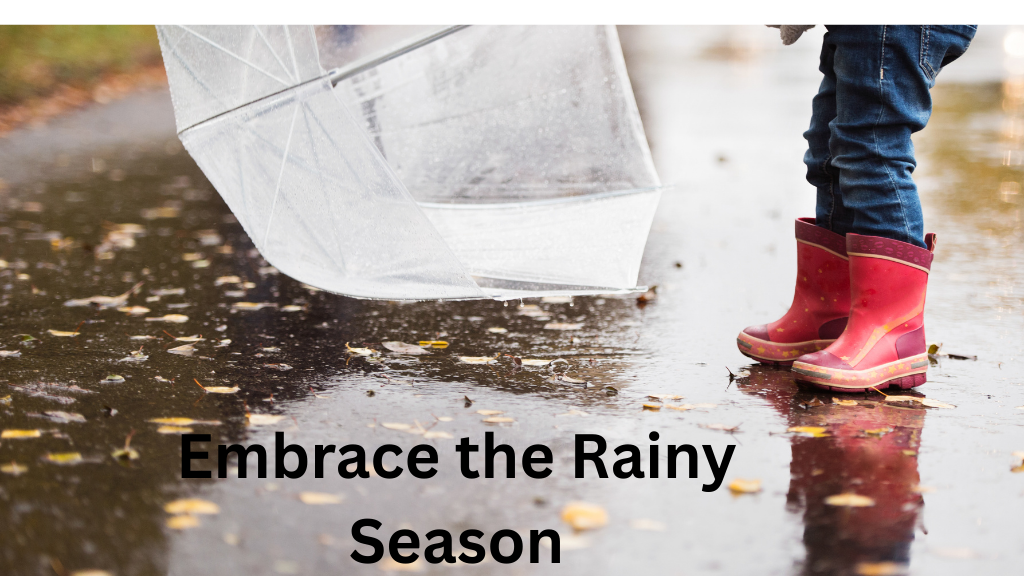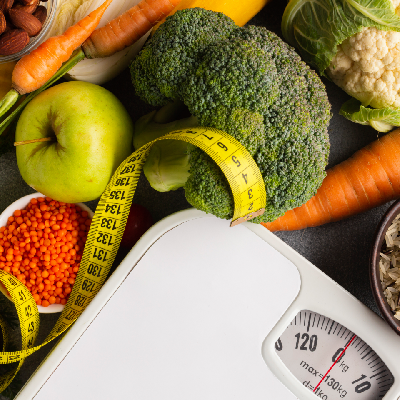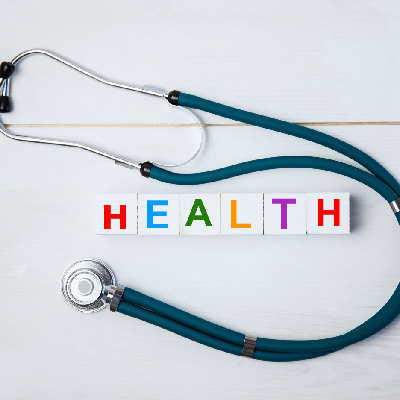What’s Covered in This Blog
? Most common health risks in the rainy season – monsoon illness designations
? Simple food and lifestyle habits to improve immunity
? Indian remedies with relatable real-life cases
? Handy do’s & don’ts to manage non-infection symptoms of cough and fever
? Daily health checklist step-by-step safety routine for the monsoon season
? Frequently asked questions answered in plain language
 Understanding Rainy Season Health Risks
Understanding Rainy Season Health Risks
The monsoon season can be great fun, but also be fun for germs. The top rainy season monsoon illness in India are:
Waterborne Diseases – Cholera, Typhoid, Diarrhea (due to contaminated water).
Mosquito-Borne Infections – Dengue, Malaria, Chikungunya.
Seasonal Flu and Cold – sudden temperature shifts can reduce immunity.
Skin Infections – fungal infections due to the skin being damp.
Food Poisoning – Food sold on street or considering anywhere often carries bacteria during rain.
? Awareness is the first thing you need to be healthy.
Diet tips for staying healthy in Rainy Season
Food is a key role in maintaining great immunity.
? What to eat:
Seasonal Fruits – Jamun, Apple, Papaya and Pear can help boost immunity.
Warm Foods – Soup, khichdi and lightly spiced daal-chawal are good for gut gut friendly.
Herbal Teas – Tulsi Tea, Ginger tea,Turmeric Tea to keep infections away.
Probiotics – Dahi, Buttermilk and homemade pickles help digestion.
?Things to Avoid:
- Leafy greens from the markets, as they tend to have bacteria in the rain.
- Cut fruits that are sold from the streets.
- Deep-fried oily food that slows digestion down.
- Raw salads that are served from places that are not known for hygiene.

? Monsoon’s Lifestyle & Hygiene Habits
Even the smallest example of a daily change protects your health, and wellbeing!
-
Clothes should be dried properly – Damp clothes will only make you susceptible to skin infections.
-
Feet Care – Please wear waterproof shoes or sandals to avoid getting once again a fungal infection on the feet and toes.
-
Hydrate Yourself – Drink only boiled or filtered water. But do not drink water from roadside vendors or stalls.
-
Exercise & Yoga – Consider doing some indoor exercises like Surya Namaskar to keep your body active during monsoon.
-
Mosquitos / Insect Protection – Try to use a mosquito net to cover your sleep area, if possible. Use repellents to get rid of mosquito activity, and finally, avoid any stagnation of water.
?? Relatable Indian Stories
1. Seema, a homemaker from Lucknow:
For all the monsoons of last year, Seema would always “fall sick” last year, she changed her lifestyle and started drinking ginger-tulsi tea twice a day and told herself to avoid eating food from the streets. Her change to her routine completely minimized her infections.
2. Ramesh, college student from Pune:
For Ramesh, the college guy, year after year of wasting trips to the doctors due to never ending fungal infections were caused by him getting his shoes all damp and wet by rainfall. Ramesh decided to wear open sandals for his travel when it rained, and also put antifungal powder in his sandals. The result: No skin infection during the monsoon season.
These relatable stories demonstrate that tiny lifestyle changes = very good health.
? Q&A
Q1. Can we eat street food during the rainy season?
? It is best to avoid it. Street food is mostly exposed to dust, rain water, and germs.
Q2. What fruits are best during monsoon?
? Apples, papayas, bananas, and pears — they are safe and immunity boosting.
Q3. How do I protect children during rains?
? Give them warm homemade soups, keep them dry, and use mosquito nets at night.
Q4. What’s a natural immunity booster?
? Turmeric milk, tea made from tulsi, and seasonal fruits are known immunity boosters.
Q5. How do I prevent dengue and malaria at home?
? Avoiding stagnant water, using mosquito repellents and nets.
Q6. Can I prevent fungal infections?
? Yes, ensure feet are dry, breathable shoes, and antifungal powder.
The Takeaway
The monsoon season in India is beautiful but tricky. With a good diet, lifestyle, hygiene, and preventative habits, you can enjoy the monsoon season without worrying about getting sick. The motto is:
Prevention at the monsoon stage is easier than cure at the later stage












